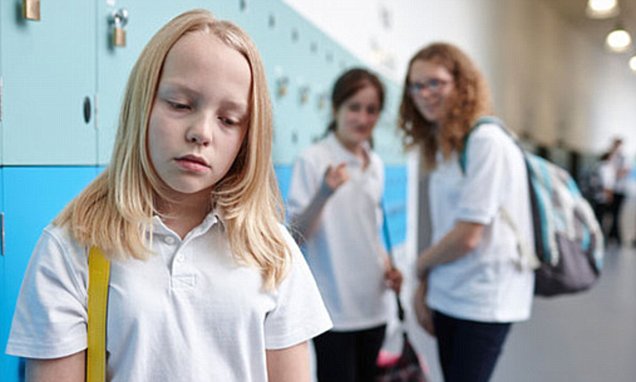In a study of American 6th graders, researchers interviewed kids to determine who the bullies, bully/victims, and victims were. Then they asked each child a series of personal questions (Juvonen et al 2003).
Compared to other children, pure bullies were more likely to agree with such statements as “I do most things right.” They were least likely to agree with statements like “I worry about what others think.” They were also the least likely to agree with statements that indicated loneliness or social anxiety (e.g., “I have nobody to talk to” and “I worry about what others will think of me”).
For bully-victims, the results were different. They showed more psychological distress then did kids who were uninvolved in bullying.
But pure bullies seemed to be the least anxious, least depressed, and least lonely of all kids—including those kids who were wholly uninvolved in bullying.
Other research supports the idea of the confident bully. Studies conducted in Finland, Ireland, and the United States have all found that kids who bullied were more likely to have positive self-concepts (Kaukianien et al 2002; Collins and Bell 1996; Pollastri et al 2010).
In fact, kids with high self-esteem may tend to be more aggressive than other children. In one study, researchers asked hundreds of American kids (from the 3rd, 4th, and 4th grades) to rate the aggressiveness of their peers (David and Kistner 2000). Kids also reported on how they felt about themselves.
The kids with highly positive self-images were more likely to be named as aggressive by their peers. The results remained significant after controlling for gender and ethnicity, and even moderately positive self-perceptions were linked with higher levels of aggression.







